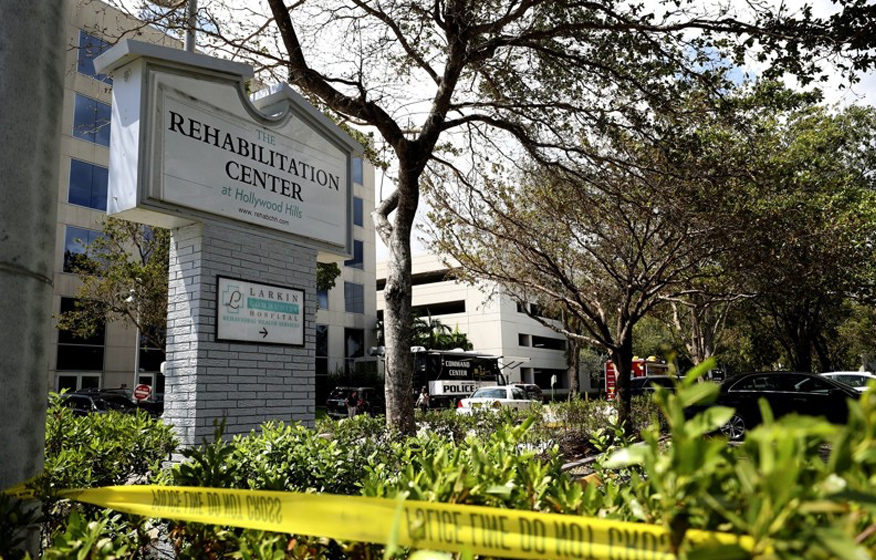Hurricane Irma Nursing Home Tragedy: How to Help

As Florida still deals with the aftermath of Hurricane Irma, we unfortunately hear about more and more tragedies that occurred during the storm. However, perhaps the most horrific story of all was the death of nine nursing home residents at The Rehabilitation Center at Hollywood Hills.
While the center itself survived the storm, they did lose power. During September in Florida the average weather forecast hovers around 90, so temperatures rose inside the nursing home quickly. Conditions were sweltering and absolutely unbearable.
Within a few days, eight people from the home died—either in the home itself or after being evacuated to a hospital. A ninth person died almost a week later. There are reports that the victims had temperatures up to 109.9.
This tragedy has raised some bigger questions about how something like this can take place and how to avoid it from happening again. Also, people want to know how they can help the elderly—especially when the person is a loved one. So we spoke with Erika Dine, founding partner of Dine & Moneymaker, an elder law firm in Florida, to get some answers.
Here’s what she had to say:
Including this nursing home, about 150 nursing homes were still without power in Florida days after the storm. How is this possible and what can people do to help?
This storm hit the entire state leaving few resources for citizens to share. There was a lack of fuel to run generators, and generators were not sufficient to supply enough energy to run air conditioning systems. There was also a lack of staff due to evacuations and antiquated rules for emergency preparedness for facilities. These things lead to last week’s tragedy.
Immediately after Irma, our office received calls from other attorneys and clients on what they should do in regards to their loved one living in a facility without power or how could they get in touch with a facility. Our advice was to call local law enforcement to do a wellness check if you can not reach the facility of your loved one and you do not know anyone else who can do a check. Also, if someone noticed any neglect of a vulnerable person such as children or the elderly, we suggested they call the Florida Agency for Health Care Administration, the Department of Children and Families Abuse Hotline.
[Dine’s website also offers an extremely helpful link to Florida Legal Services, which is packed with resources for those who suffered in Hurricane Irma, organizations that might need extra help.]
What kind of changes need to be made to nursing homes across the state, and will such changes likely be made because of Irma?
Governor Rick Scott put into place emergency regulations for all nursing homes in the state of Florida. The new measures mandate that nursing homes and assisted-living facilities have supplies and power to sustain operations for at least 96 hours after a power outage. Facilities must also have “ample resources, including a generator and the appropriate amount of fuel” to “maintain comfortable temperatures” over the same timeframe.
Also, in 2016, the federal government put into place new rules that Medicaid/Medicare facilities must follow for emergency preparedness. The rules will be implemented in November 2017. Both Governor Scott and the federal rule for nursing homes and assisted living facilities will now be following similar regulations that hospitals follow for emergency preparedness. This is a good start.
We will then need to ensure that each facility can financially meet the new regulations. We need to ask questions such as, “How can our government assist the facilities in succeeding in implementing the new mandates?” “Will state and federal governments offer tax incentives for facilities that must purchase equipment and supplies to meet the mandates?” and
“Will a subsidy be offered?”
What’s usually the biggest challenge that seniors living at nursing homes face?
Cost of care is always the biggest challenge that seniors and disabled adults—and their families—face. Talking with an elder law attorney who can assist you in obtaining government benefits may alleviate the challenge.
What else can people do to make sure this never happens again?
Many facilities did the right thing, so first we need to learn from the facilities that successfully met the challenges of this last hurricane. Also, if you need to place a loved one in a facility, ask questions. For instance, family, caregivers, and guardians can make sure nursing home facilities have a disaster plan. Here’s a helpful checklist.
Share post:








